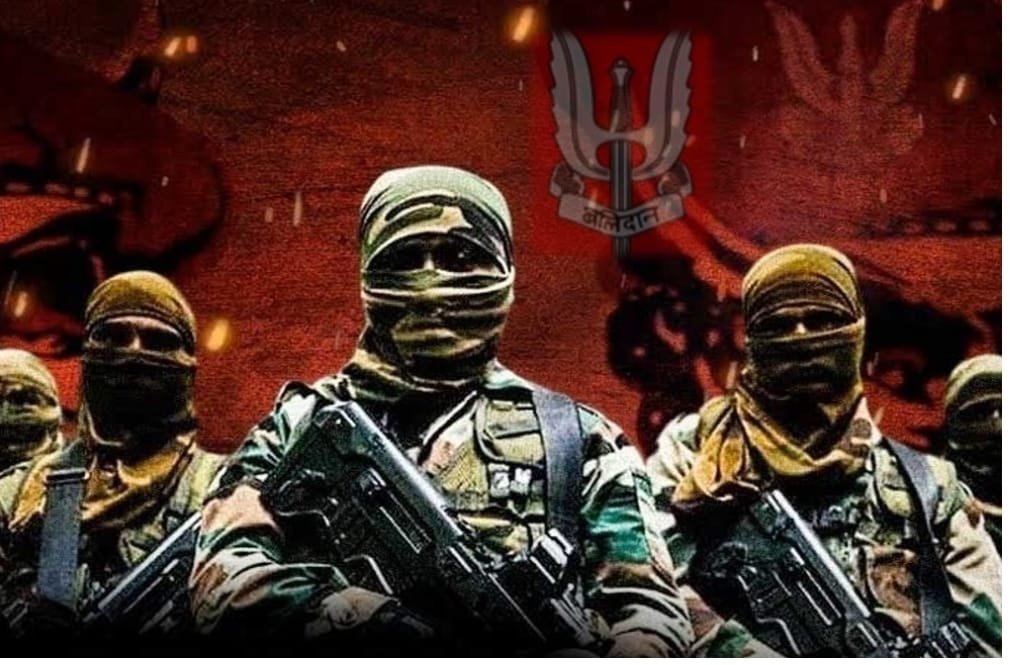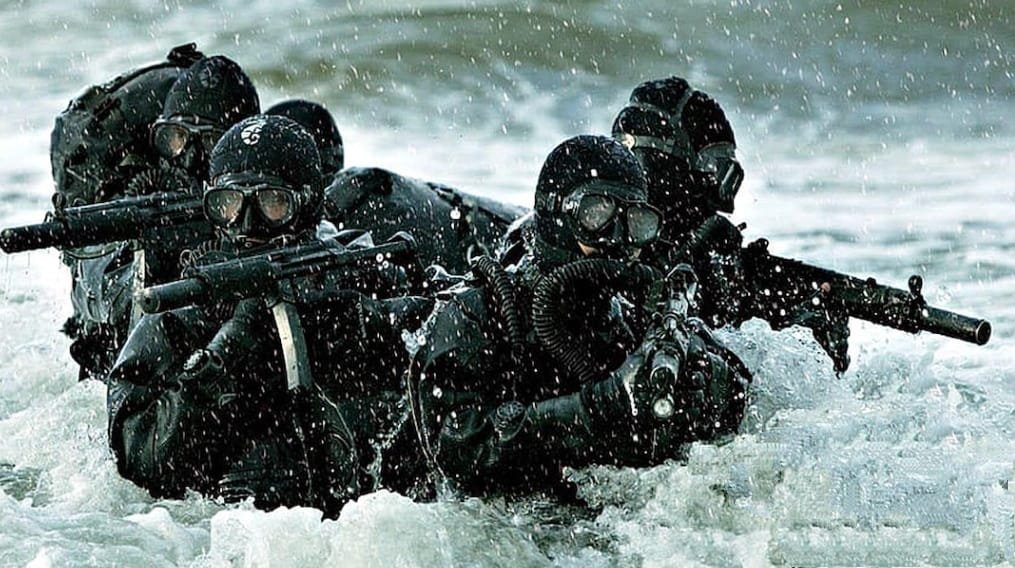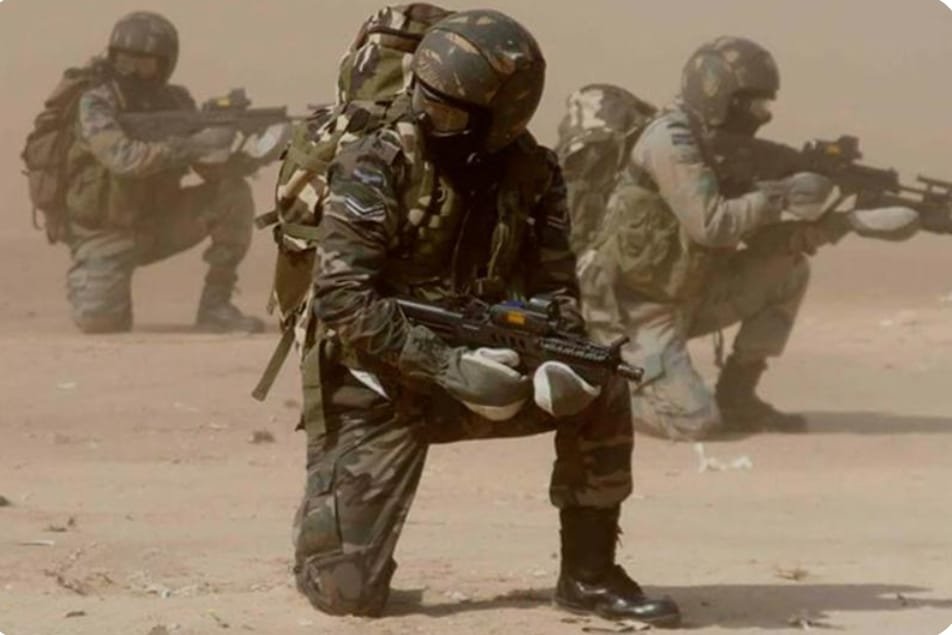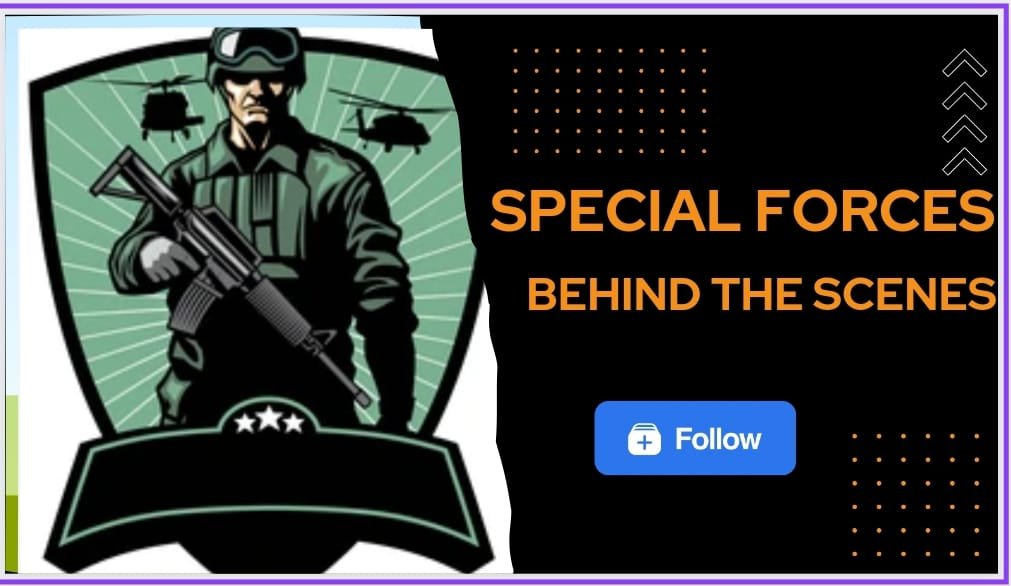SF Training: Behind the scenes. What are Special Forces(SF)? So the answer to the question is Special Operation Forces(SOF) are highly specialized military forces that are deployed in combat at the strategic and operational level and in non-combat military operations which require unique modes of force deployment. Such forces are specially equipped and trained to utilize unique tactical techniques in hostile, denied, and politically sensitive environments.
SF Training: Behind the scenes includes the forces which are considered the forces as military assets that are designed to operate the tactical and handle surgical operations. Special forces deliver the maximum possible outcomes that are required from them. Special forces continue to evolve themselves in order to meet unique challenges for grooming and for physical, psychological, social, and spiritual performance.
Overview of Special Forces
Special Forces emerged in the early 20th century during World War 2(WW2) depending upon the functions of the forces which includes airborne operations, counter-insurgency, counter-terrorism, hostage rescue, etc. Special forces have played an important role throughout history. Whenever the aim was to achieve disruption by “hit and run” the special forces played a significant role in reconnaissance.
We should also keep in mind the first specialized units- The British Indian Army first deployed two Special forces-
- The Corps of Guides In 1846
- Gurkha Scouts from The northern range of Nepal in 1890
Special Forces of the Indian Army-
India has several Special Forces deployed for various functions-
- For Indian Army- Para Special Forces (Para SF)
- For Indian Navy- Marine Commandos (MARCOS)
- For Indian Airforce- Garud Commandos
Special forces are further divided into battalions.
Selection process
Special forces selection is very crucial and has wide aspects. In India During the Selection process firstly you have to clear NDA written exam which is conducted twice a year in offline mode. knowing the exam pattern candidates can fill out the registration form. The exam contains the following two sections.
| Code | Subject | Marks | Duration |
| 01 | Mathematics | 300 | 2 hours 30 minutes |
| 02 | General Ability Test | 600 | 2 Hours 30 minutes |
After clearing the NDA exam and SSB interview which consists of 900 marks and completing the training procedure candidates can apply for respective and Special forces.
The selection process of Para SF
There are four major procedures to join the Para SF-
- Firstly the Candidates are required to join Indian Army and finish the basic training
- After joining the Indian Army Candidates have to go through an Administrative procedure where soldiers can apply for PARA SF.
- During the selection process, candidates have to undergo robust mental and physical tests which last long for 90 days in desert conditions. Probationers have to undergo training without sleep for 7 days and without food for 4 days and consume 1 liter of water for 3 days. Candidates are also required to complete a parachute course of 3 week
- For Advanced PARA SF, Candidates are required to undergo varieties of training including land navigation, weapons handling training, etc.

The selection process of MARCOS
MARCOS is the branch of the Indian Navy to handle emergency situation arising from various means. The selection process of the MARCOS involves basic 4 phases-
- Phase 1: Pre-Selection.
- Phase 2: Selection.
- Phase 3: Initial Qualification Training (Basic SF Training).
- Phase 4: Probation Period (Advanced SF Training).

The Selection Process of Garud Commandos
Unlike Army and Navy, Commandos are not selected from the volunteers of the other branches but the recruitment is done directly through the airmen selection centers.
Candidates found eligible for the force are put through a process of rigorous physical training. Candidates have only one chance to become a Garud trainee. Once a recruit completes training and meets the required standards, he is absorbed into the Commando force and is retained in this stream throughout his career.

Physical Conditioning
When it comes to the physical conditioning of the SF Training: Behind the scenes. It is a very crucial aspect of training for special forces around the world. Army personnel have to go under rigorous physical training to maintain and develop physical strengths and capabilities as per required roles. The type and standards of the training may differ from units and countries.
Here are some general principles and areas of focus-
- Endurance Training– Special forces personnel must have excellent cardiovascular strength over a long period of time to sustain a high level of physical activity. This includes running, swimming, trucking (long-distance marching), etc.
- Flexibility and Mobility– Flexibility and Mobility are very much required in special forces personnel for the quick response and to o perform tasks that require agility and to reduce the risk of injury. this involves Yoga, stretching exercises, and mobility drills.
- High-Intensity Interval Training (HIIT)– This type of training are most commonly required in Personnel to develop anaerobic fitness, explosive power, and mental resilience.
- Tactical Skills Training– Other than Physical training, Special forces also undergo tactical skills like shooting, hand-to-hand combat, urban warfare, navigation, and other mission-specific techniques.
Pyschological and Mental Preparation
Pyschological and mental resilience are the two things that are mostly required in a special forces personnel after physical strength.
Here are some psychological and mental preparation tips for aspiring special forces candidates:
- Mental toughness– Special forces personnel must be mentally tough as it helps to overcome physical and, mental challenges due to rigorous training. Practice stress management techniques such as deep breathing, visualization, and positive self-talk.
- Resilience training– In this type of training Army personnel had to suffer with the tasks that challenge their comfort zone to develop resilience through mental exposure to adversity. This could include endurance training, cold showers, obstacle courses, or mentally challenging tasks.
- Emotional control– Special forces are trained to control their emotions in serious situations so that they can keep themself calm and composed and be focused on their goal.
- Teamwork and communication– One of the most important characteristics of the special forces is their communication and teamwork. Special forces heavily rely on teamwork. So they are made exposed to new environments, problem-solving exercises, and unfamiliar situations.
Specialized Skills and Techniques of SF Training: Behind the scenes
Special forces around the world possess highly specialized skill and techniques that make them very efficient in their domain. While the exact skills and techniques may vary between different countries and units, here are some commonly associated abilities and expertise:
- Advanced Navigation and Survival Skills– Special forces undergo extensive and rigorous land navigation and monitoring which make them capable of surviving in very harsh condition of desert, forest, mountains, etc.
- Unconventional Warfare (UW)- Special forces are made to learn unconventional warfare which includes Guerrilla warfare and other tactics to counter enemies.
- Special Reconnaissance (SR)– Special forces are specialized to conduct SR missions that involve gathering information, observation behind the enemy lines.
- Counterterrorism (CT)– They are at the forefront of counterterrorism. They manage in neutralizing terror threats, rescue operations, etc.
Conclusion
As the SF Training: Behind the scenes program comes to close, it is important to take a look on the behind the scenes of the training program. Special Forces are made to undergo rigorous trainings and challenges which make the physically and mentally so strong.
SF training not only focuses on individual skills but also emphasizes collaboration and adaptation. They are required to be prepared at anytime so discipline and dedication to their work is also needed.
Thank You!!!





